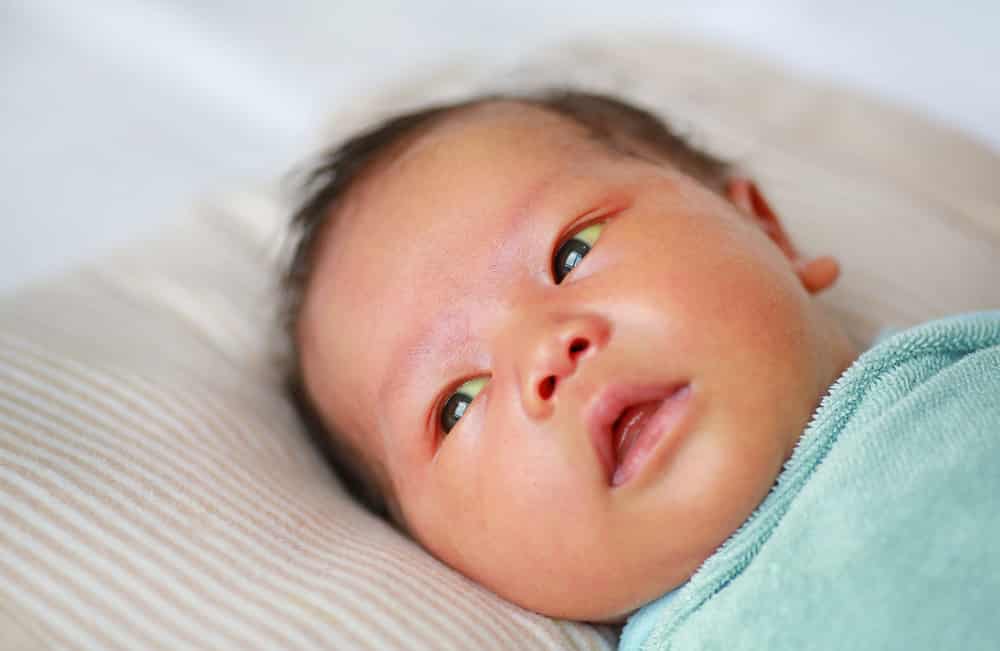
Infant Jaundice: More Harmful Than You May Think
There is a common misconception that newborn jaundice is a relatively minor condition that will clear up on it’s own. Although that may be true in some cases, every child is different. It is always important to ensure your baby is receiving proper medical care for his or her needs. Without proper treatment and care, infant jaundice can cause a host of serious medical issues.
Serious Complications of Infant Jaundice
In November 2013, the parents of 6-year-old Jaelin Sence filed a lawsuit after learning the devastating news that that their son would never live a normal life. He requires assistance in his everyday activities and is unable to walk or talk. His disabilities are the result of failures on the part of doctors at New York Methodist Hospital. Doctors allegedly failed to diagnose and treat the child’s jaundice shortly after he was born. The family won $25 million after filing a birth injury lawsuit against the hospital, but the child still battles the preventable disabilities.
In a similar instance in March 2009, the parents of premature infant girl won a lawsuit against a doctor at the University of Chicago Medical Center and Midwest Neoped Associates Inc. The doctor failed to diagnose and treat the baby’s infant jaundice. Doctors made attempts to bring the baby’s bilirubin levels down, but did not adequately monitor the illness or follow-up. Consequently, the baby’s bilirubin levels spiked three times higher than the average level. The now 10-year-old lives with hearing loss in one ear, speech problems, and permanent auditory neuropathy. The family was awarded $1.5 million after the defendants agreed to settle the case.
Unfortunately, these cases are only a few among thousands. Each year, thousands of infants develop jaundice and do not get adequate treatment. As a parent, you hope that you’re in good medical hands as your baby comes into the world, but sadly that is not always the case.
If you suspect your infant may have jaundice, don’t hesitate to inform your healthcare provider immediately. If needed, keep pressing them to monitor your baby. Remember that it is always okay to get a second opinion if you are not happy with the care a doctor is providing.
Infant Jaundice Signs and Symptoms
If an infant has jaundice, there are usually signs and symptoms that are easily detectable. One of the most common and prominent signs is yellowing of the skin and eyes. This can happen anywhere between the second and fourth day after birth. Other signs and symptoms include:
- Inexplicable crying and fussiness
- Difficulties falling and staying asleep
- Difficulties waking up
- Not enough soiled diapers compared with the average newborn
Complications of Infant Jaundice if Not Treated
Bilirubin, a pigment found in bile, occurs naturally in the body. It is extremely dangerous, however, if levels rise too high. The medical term for excessively high bilirubin is hyperbilirubinemia. Without immediate treatment, hyperbilirubinemia may develop into kernicterus. Kernicterus is a form of brain damage marked by hearing loss, mobility issues, cerebral palsy, communication problems, an unfocused gaze and teeth problems.
If jaundice is treated immediately, most infants avoid serious health issues like kernicterus. Parents and healthcare providers should certainly be diligent in monitoring infants who are at risk for jaundice, or who have the early symptoms of jaundice.

